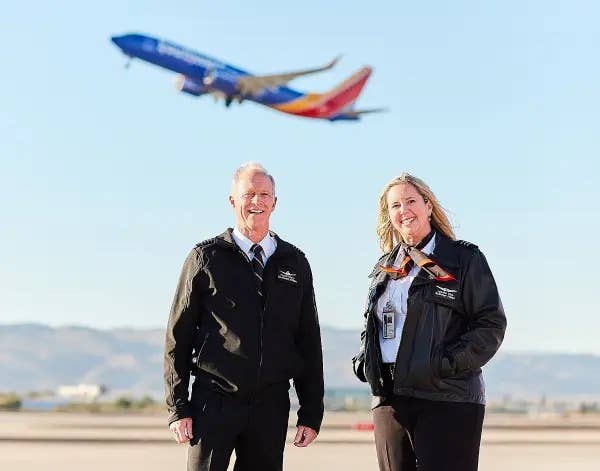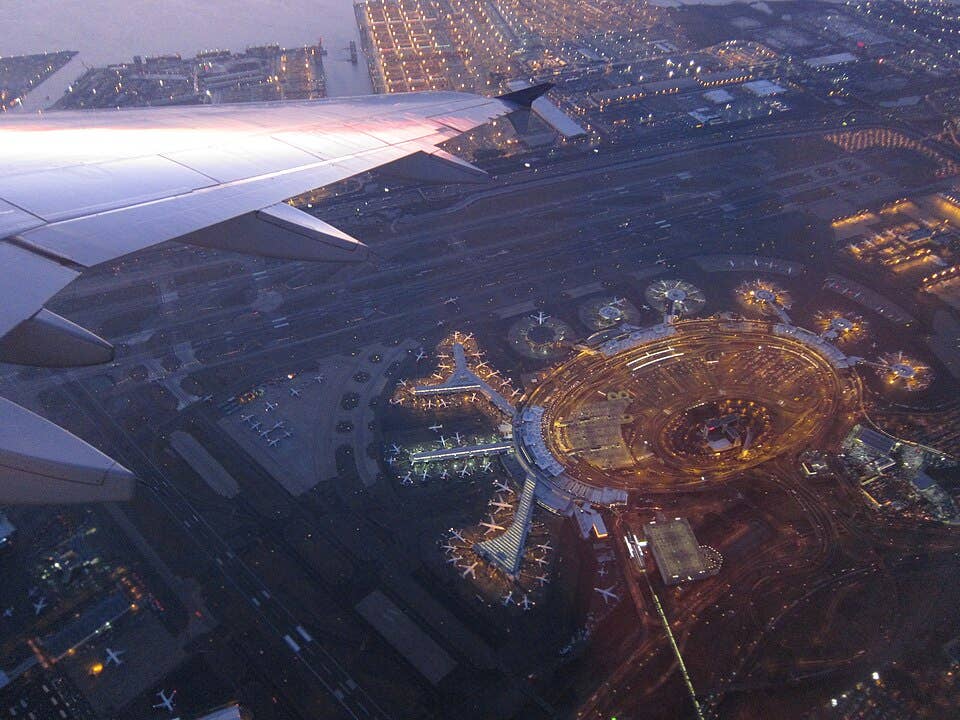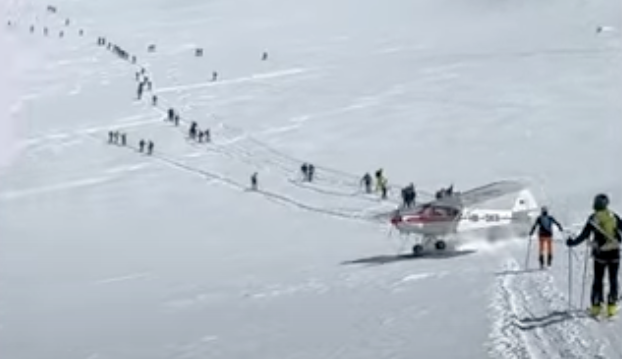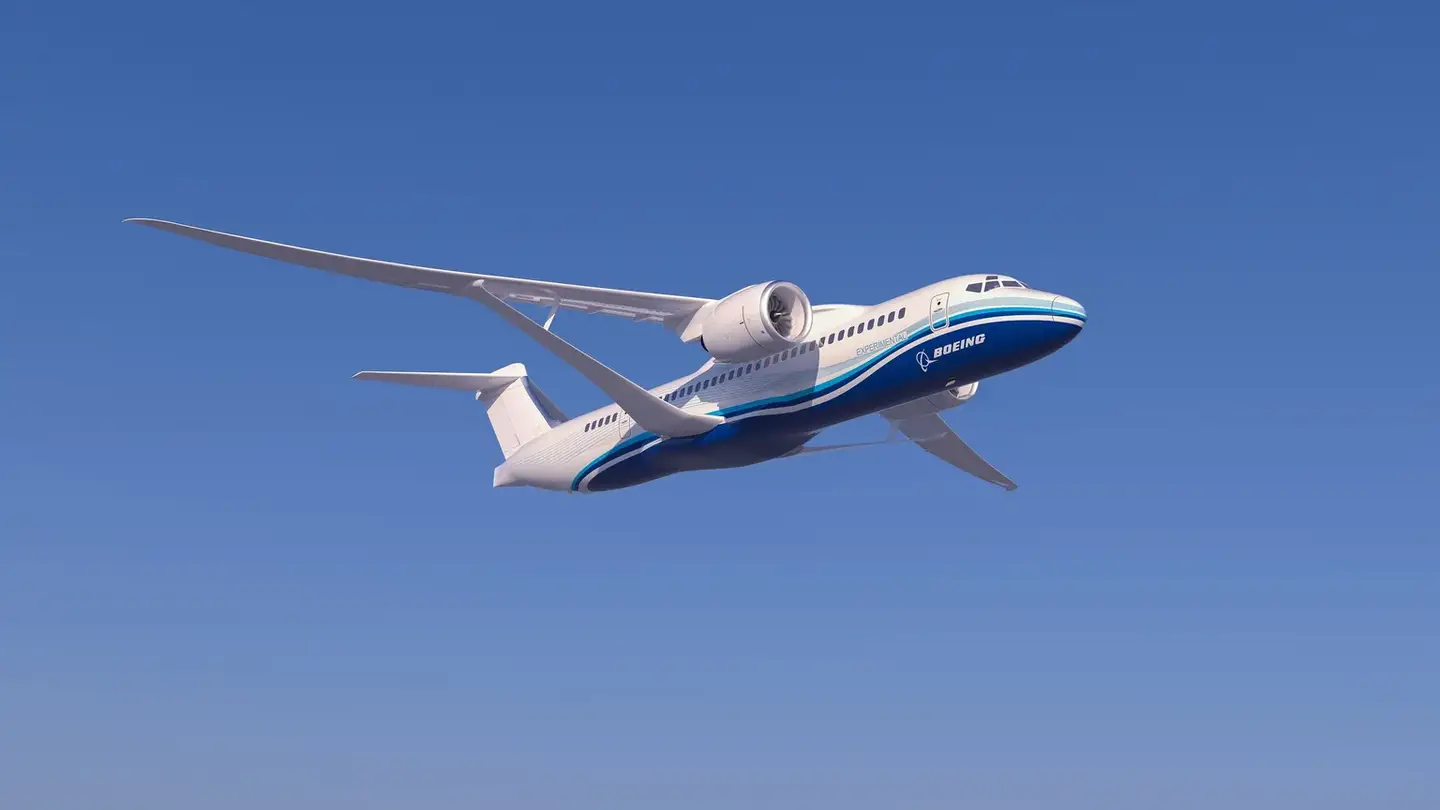Riding The Pilot Shortage Pony, Southwest Pilots Ink A Generous Deal
Boeing’s 747 entered service in 1970 when pilot salaries were so high people joked that the signature hump atop the forward fuselage was designed in so that the captains could…

Photo: Southwest Airlines
Boeing’s 747 entered service in 1970 when pilot salaries were so high people joked that the signature hump atop the forward fuselage was designed in so that the captains could sit on their wallets. Based on terms of a new contract yesterday (Dec. 20), Southwest Airlines (SWA) might need to send its fleet of 737s to the body shop for a 747-esque resto-mod. As announced by the Southwest Airlines Pilots Association (SWAPA), salaries will increase by 50% over five years for what amounts to a cumulative $12 billion dollar agreement for SWA’s 10,000-plus pilots.
The SWA deal rivals recent pilot-salary agreements at United Airlines and American Airlines, as the ongoing pilot shortage continues to provide leverage for pilots' unions.
The SWA pay hikes will come in increments over the course of the current collective bargaining agreement, which runs through 2028. Pilots will realize an immediate raise of 29.15% upon ratification of the agreement, followed up by 4% annual increases over the next three years and a 3.25% increase in 2028. There is also enhanced financial protection for crew members who are unable to fly due to fatigue. Pilots will vote on the deal on Jan. 22.
SWAPA President Casey Murray said in a written statement: “We are finally at a place where we think the value of our pilots and their productivity is being realized. Our pilots and Southwest Airlines customers deserve security and confidence in our future, and we believe that this contract achieves that.”
That could be a reference to countering a practice known as “résumé washing,” whereby new pilots would apply for positions at Southwest with an eye toward moving on to higher-paying airlines after a short tenure with the Dallas-based carrier. That bypasses agreements the more established airlines traditionally have with their regional affiliates to draw new-hire pilots from their ranks after they accrue enough hours.
Southwest chief operating officer Andrew Watterson said in a Dec. 13 interview that pilots “use us as a premeditated way station. They come to Southwest, get hired, trained, spend six months and then they flip their résumé and apply somewhere else.” With pay scales now on a more even keel, the incentive to move on to greener pastures could be far less enticing.






